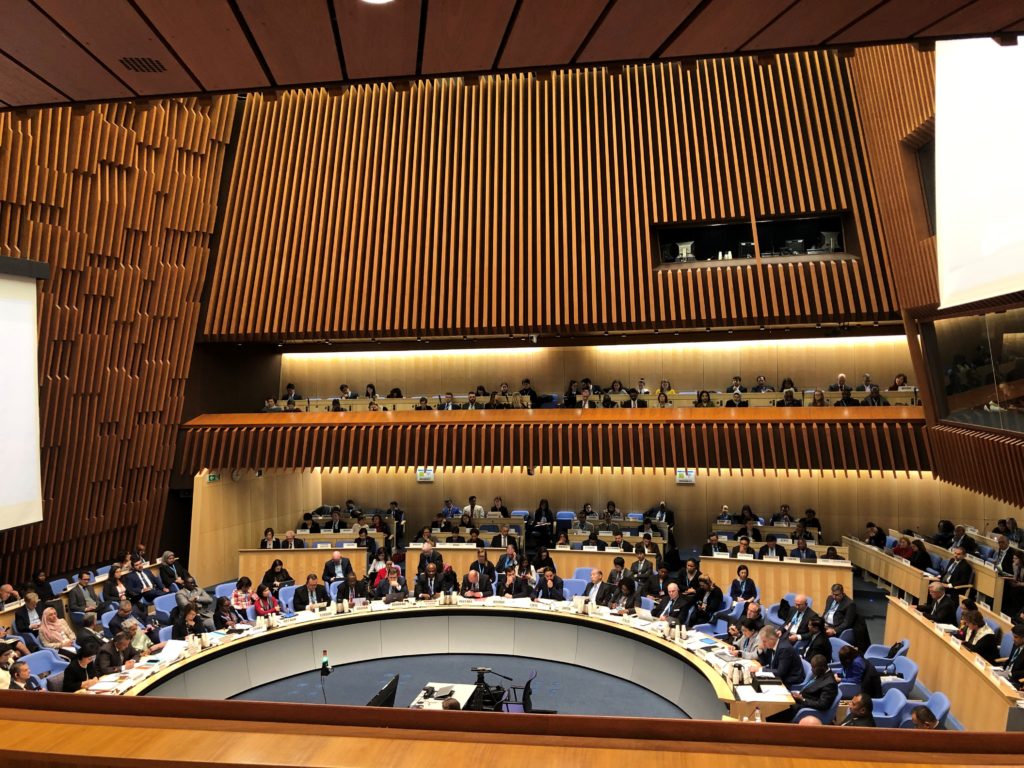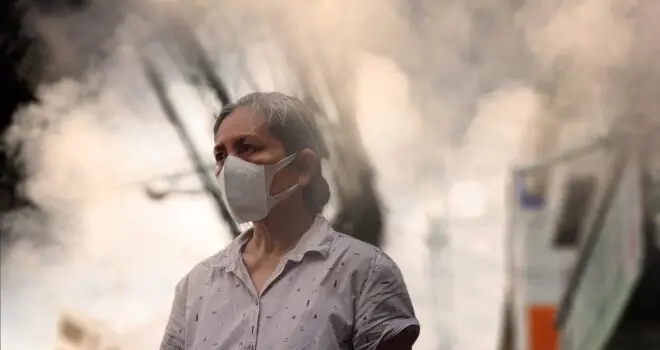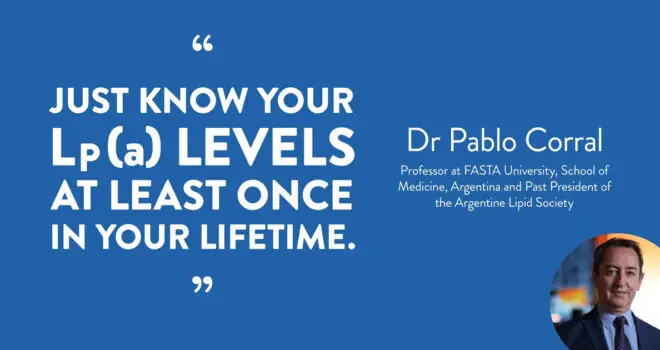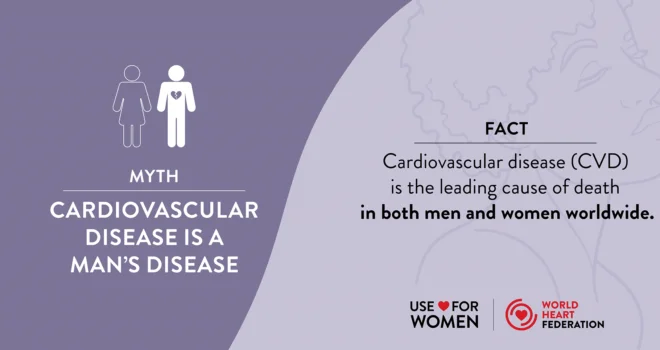
Twice a year, the World Health Organization’s (WHO) 34 members of the Executive Board (EB) get together ahead of the World Health Assembly (WHA), which is the decision-making body of the WHO. The WHO EB’s main functions are to determine policies, agree on the WHA agenda, appoint the director, supervise financial policies, and review and approve the budget. This year, the main meeting was held in Geneva from 24 January to 1 February 2019.
A typical EB consists of members sharing their country’s position on each agenda item, with the goal of coming to an agreement in order to eventually adopt each policy or decision at the WHA in May. This year was a bit unusual. For the first time ever, the budget was not approved. Despite this plot twist, the EB members found many things to discuss during the course of the week, and they even managed fit in a very welcome physical activity break in between each agenda item. WHF, with support from several Global Coalition members and WHF members, delivered 6 statements during the course of the week:
- Proposed programme budget
- Implementation of the 2030 SDG agenda
- Universal Health Coverage
- Health, Environment, and Climate Change
- Medicines, Vaccines, and Health Products
- Engagement with Non-State Actors
Ahead of the EB, several members of the Global Coalition on Circulatory Health and other WHF members sent letters to their Ministries of Health, asking them to push to extend the timeframe for the WHO Global Action Plan on NCDs from 2020 to 2030. A decision was adopted by the EB, which approved the extension to align with the Sustainable Development Goals 2030 Agenda.
The WHO drafted a new global strategy on health environment and climate change. This is incredibly important, as air pollution is responsible for as many CVD deaths as tobacco. Similarly, as highlighted during the Global Summit on Circulatory Health in Dubai, access to medicines and health products were emphasized in two reports presented by Dr. Tedros. Although the discussions on the High Level Meeting on Universal Health Coverage were conducted behind closed doors, the EB did draft a resolution to prepare for the incredibly timely and important meeting in September 2019 in NYC.
The Foundation for a Smoke-Free World, funded by Philip Morris International, wrote an open letter to the EB requesting to partner with them to end smoking worldwide. As a result of two statements and an open letter supported by members of the Global Coalition, WHF members, and the wider public health community, Dr. Tedros reaffirmed WHO’s obligation to protect its activities from the tobacco industry including FSFW. He restated their commitment to the Framework Convention on Tobacco Control, especially on Article 5.3 on industry interference. In addition, he urged governments to follow WHO’s lead to reject any partnership with the FSFW. It was an action packed week in Geneva. We look forward to seeing the outcomes of the WHA in May!


